TRADE
TRADE
As small islands, Guernsey and Jersey have a services-based economy. Virtually all manufactured goods are imported. The main exports of goods are agricultural and fisheries products.
Both Bailiwicks have long agricultural and fisheries traditions which remain vital for the fabric of the economy. Both Islands are noted for the quality of their fresh fish and seafood, for their dairy products made from the unique Guernsey and Jersey cattle breeds, and for other products such as cut flowers, potatoes, wine and cider. Around 30,000 tonnes of Jersey Royals are exported each year, mostly to the UK. Jersey also produces over 1,500 tonnes of oysters, the majority of which are exported to France for onward transmission across the EU.
The two Bailiwicks each agreed a new Customs Arrangement with the UK in 2018 and secured extension of the UK’s membership of the World Trade Organisation (“WTO”), which means that the Islands can also benefit from the lower trade barriers offered to WTO Members, including tariffs and import quotas. The Customs Arrangement and the WTO extension came into effect on 1 January 2021.
Air and sea links are vital for small island economies like Guernsey and Jersey. Virtually all aviation and shipping links from the Channel Islands are to the UK, France and other EU destinations. This requires the operator (the airline or ferry company) and the airport or port to comply with relevant EU standards.
